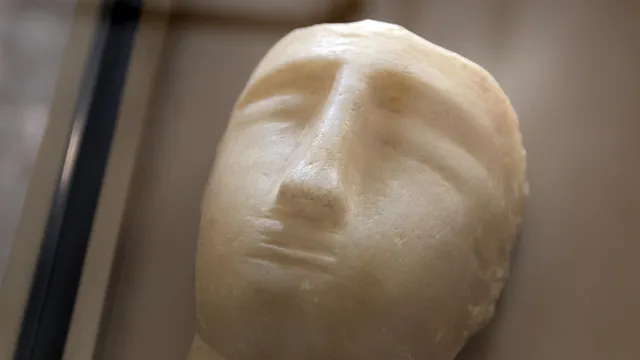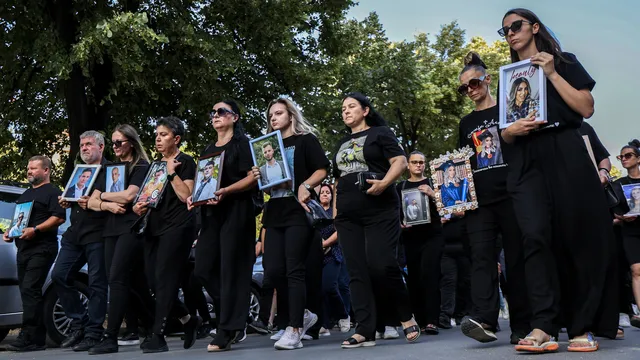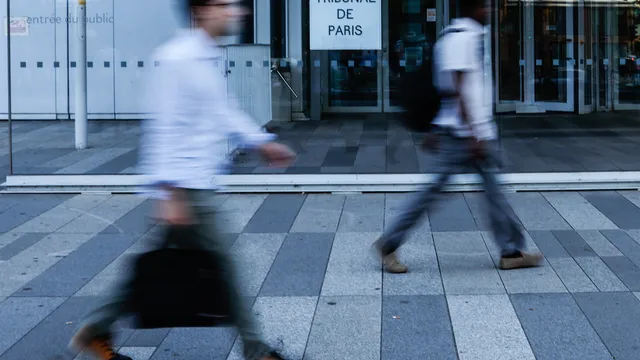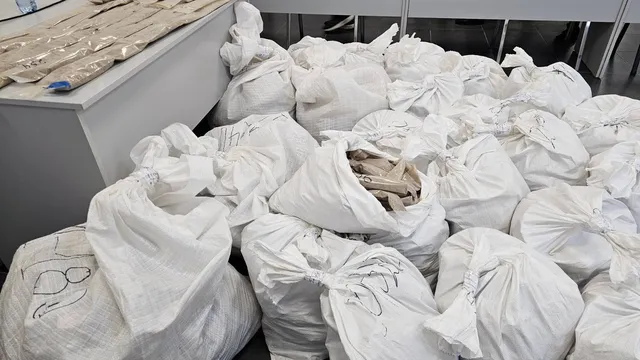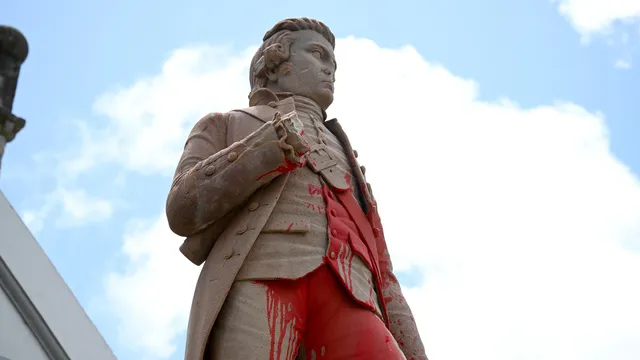The Netherlands has officially returned to Nigeria 119 valuable ancient sculptures stolen from the former Benin Kingdom more than 120 years ago during the colonial era, AFP reported.
It is the latest return of artifacts to Africa as pressure mounts on Western governments and institutions to return the spoils of colonial oppression.
Nigeria celebrated the return of the priceless “Benin Bronzes” – metal and ivory sculptures dating from the 16th to 18th centuries – with a ceremony held at the National Museum in Lagos, where four of them were displayed in the museum’s courtyard. The collection includes a bronze bust of a king, an engraved elephant tusk and a small leopard.
In the 19th century, British troops illegally exported thousands of Benin bronze works of art to the then-independent Kingdom of Benin, in the south of present-day Nigeria.
The sculptures were looted from the royal palace and have since been in museums and private collections in Europe and the United States.
The four artifacts currently on display in Lagos will remain in the museum’s permanent collection, while the others will be returned to the Oba of Benin, Ewuare II, the traditional ruler of the Benin Kingdom in southern Nigeria.
“These objects embody the spirit and identity of the people from whom they were taken,” said Olugbile Holloway, director-general of Nigeria’s National Commission for Museums and Cultural Monuments.
“The only thing we want from the world is to treat us fairly, with dignity and respect,” he said at a ceremony where he announced that Germany had agreed to return more than 1,000 more bronzes from Benin.
“The German government has actually signed an agreement to return 1,000 Benin bronzes” to Nigeria, he said.
Nigeria’s Minister of Arts and Culture, Hanatu Musa Musawa, who signed the handover document alongside Dutch Ambassador for International Cultural Cooperation Devi van de Weerd, said that “Nigeria must reclaim its history and its heritage.”
“The agreement reached with Germany further underscores the growing international commitment to righting historical wrongs and promoting mutual respect,” she added. I BGNES

 Breaking news
Breaking news
 Europe
Europe
 Bulgaria
Bulgaria
